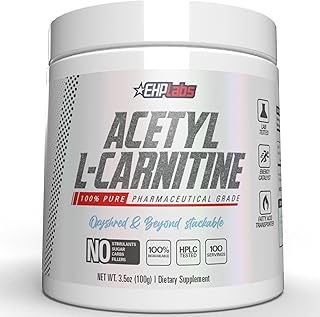Exogenous L-carnitine administration has shown promising results in ameliorating the adverse effects of heat stress on testicular hemodynamics, echotexture, and total antioxidant capacity in rams. Heat stress can have detrimental effects on testicular antioxidant defense systems, leading to disruptions in testicular blood perfusion. This can impact the overall reproductive performance of rams. Understanding the effects of L-carnitine on testicular blood flow, echotexture, and antioxidant capacity is crucial in mitigating the impact of heat stress on male fertility.
The study aimed to evaluate the effects of L-carnitine on testicular blood flow and echotextures, as well as total antioxidant capacity and nitric oxide concentrations in the serum of rams under heat stress conditions. Testicular blood flow was assessed using pulsed Doppler ultrasonography, measuring parameters such as peak systolic velocity, end-diastolic velocity, resistive index, and pulsatility index. Echotexture analysis of the testicular parenchyma was performed using computerized software. Additionally, total antioxidant capacity and nitric oxide levels in the serum were measured colorimetrically.
The results showed significant improvements in testicular hemodynamics with L-carnitine administration, as evidenced by decreased resistive index and pulsatility index values. Echotexture analysis revealed increased pixel intensity of the testicular parenchyma, indicating enhanced vascular irrigation. Serum nitric oxide levels tended to increase after L-carnitine administration, while total antioxidant capacity showed a significant gradual increase, reaching peak values at 168 hours post-administration.
Global warming and environmental thermal stress have been linked to oxidative stress and compromised reproductive competence in animals, including rams. Understanding the role of antioxidants like L-carnitine in mitigating the effects of heat stress on male fertility is essential. L-carnitine plays a vital role in cellular energy production, antioxidant defense, and mitochondrial function, all of which contribute to maintaining testicular health under heat stress conditions.
The study highlights the potential of L-carnitine as a therapeutic intervention to improve testicular function in heat-stressed rams. Further research is needed to explore optimal dosages, treatment protocols, and routes of administration for L-carnitine in enhancing male fertility under adverse environmental conditions. Overall, the findings provide valuable insights into the protective effects of L-carnitine on testicular hemodynamics and antioxidant capacity in rams facing heat stress challenges.
📰 Related Articles
- South Tuggeranong Health Centre Expansion Enhances Community Healthcare Access
- Revolutionary Pet Dental Topper Spray Enhances Oral & Gut Health
- Canberra’s Watson Health Precinct Enhances Healthcare Accessibility and Inclusivity
- Blending Chia Seeds Enhances Nutrient Absorption and Digestive Health
- ACT Government Enhances Gungahlin with New Health Center






